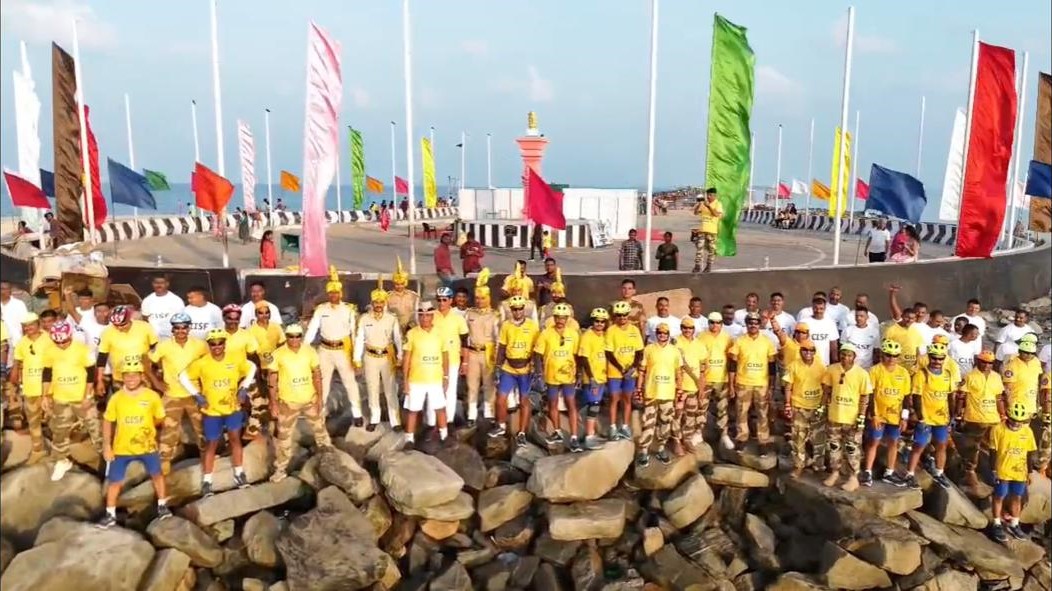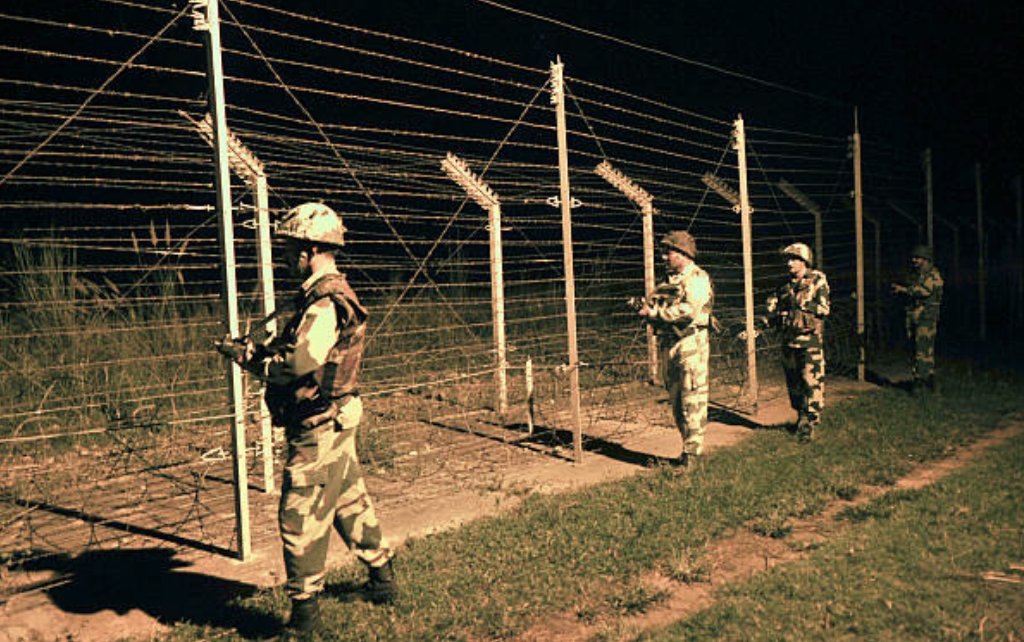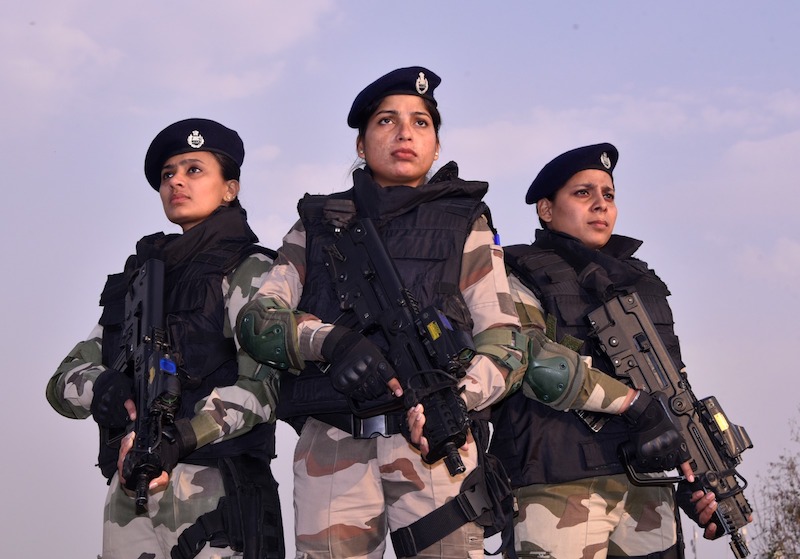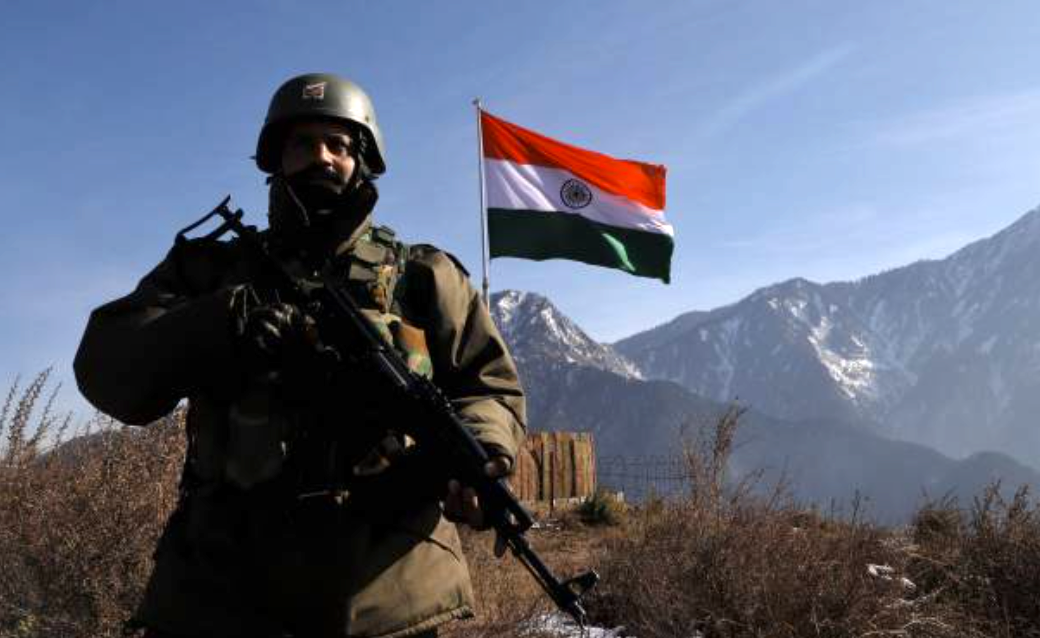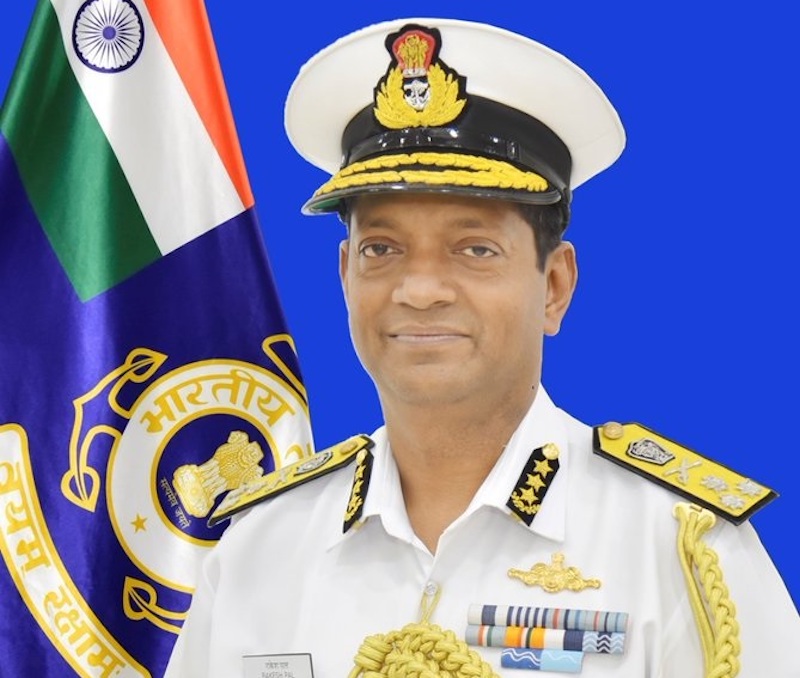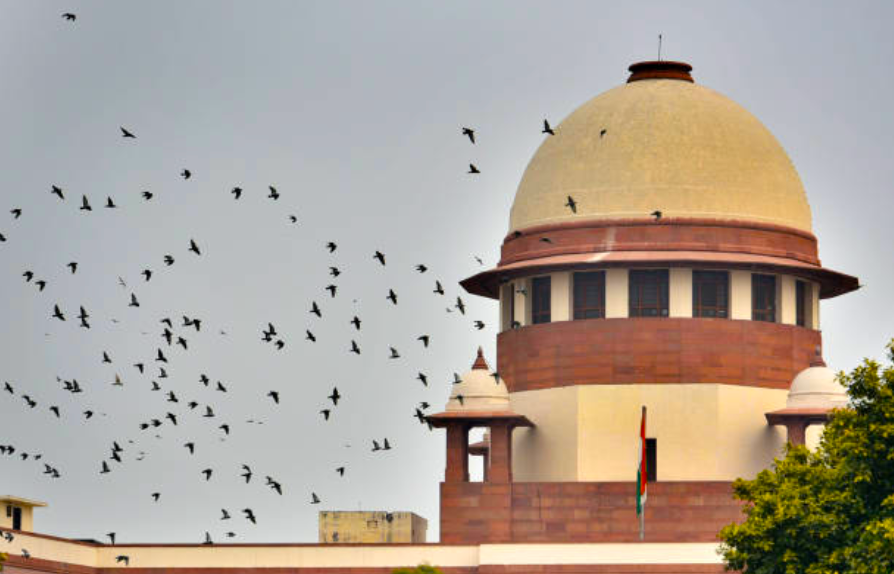 The Supreme Court of India. (File photo)
The Supreme Court of India. (File photo)
New Delhi: The Supreme Court of India strongly criticized the Centre for its “patriarchal attitude” and “patriarchal approach” while denying permanent commission to a woman officer in the Indian Coast Guard, on Monday. The court asked the Centre to come up with a gender-neutral policy that treats women fairly and grants them equal opportunities in the defence services.
The bench, led by the chief justice of India, Dhananjaya Yeshwant Chandrachud, and comprising two other justices, Jamshed Burjor Pardiwala and Manoj Misra, was hearing a plea filed by a woman officer, Priyanka Tyagi, who had joined the Coast Guard in 2009 as a short service commission (SSC) officer and sought to be considered for a permanent commission (PC) after completing 14 years of service.
The Centre, represented by the additional solicitor general, Vikramjit Banerjee, argued that there was a difference between the stream of the petitioner who was in the SSC and the branch of PC which the petitioner sought to be absorbed into. The ASG also said that only 10 per cent of the male officers in the Coast Guard were granted PC and that there was a difference between the operations of the Coast Guard and other defence forces.
It may be noted that although the Indian Coast Guard is not a part of the Indian armed forces, it comes under the defence ministry.
The court, however, rejected these arguments and pointed out that the Centre had not read the Supreme Court’s decisions in the Ministry of Defence vs Babita Puniya (a lawyer) and Union of India vs Lieutenant Commander Annie Nagaraja which allowed PC for women officers in the Indian Army and Indian Navy respectively. The court also questioned the Centre’s vision and advocacy of “Nari Shakti” (women power) when it was discriminating against women in the Coast Guard.
The court made several scathing observations while pulling up the Centre for its “patriarchal attitude”.
Some of the notable observations that the apex court made are:
* “You speak of ‘Nari shakti’. Now show it here. You are in the deep end of the sea, in this matter … you must come up with a policy which treats women fairly … after 2009 no woman has been inducted … Why are you being so patriarchal? You don’t want to see the face of women in the Coast Guard?”
* “Why 10%? women are lesser human beings? … Tell us one thing, do only 10 per cent of the male Coast Guards become permanent?”
* “She is the only member of her batch who is opting for permanent commission, there are four women in her batch, and she is the only one who wants permanent commission … clearly now the Coast Guard must come up with a policy.”
* “Forget about her case, we will now deal with what you do to others. We are the Supreme Court, we may not give her liberty, but we will see that justice is done for women in the Coast Guard ... then we will open up the whole canvas, you better take instructions with what you want to do … If women can guard the borders, they can guard the coasts, it is as simple as that.”
* “What is this patriarchal attitude of the Coast Guard here? Why do you not want women in the Coast Guard? Women can guard the borders; they can guard the coast too.”
* “You speak of ‘Nari Shakti, Nari Shakti’, now show it here. You are at the deep end of the sea here. I don’t think the Coast Guard can say they can fall out of line when the Army and Navy have done it all. You all have not read the Babita Puniya judgment so far.”
* “Why be so patriarchal that you don’t want to see women in the Coast Guard segment? You have women in the Navy; what is so special about the Coast Guard?”
The court cautioned the Centre to come up with a gender-neutral policy sooner and adjourned the matter for further hearing. The court also said that it would examine the issue of granting PC to women officers in the Coast Guard in a broader perspective and not just in the case of the petitioner.
The petitioner, who is currently serving as a commandant in the Coast Guard, had approached the court after her representation for PC was rejected by the authorities. She had contended that the denial of PC was arbitrary, discriminatory, and violative of her fundamental rights. She had also sought parity with the women officers in the Army and Navy who were granted PC by the Supreme Court in 2020 and 2021 respectively.
The Coast Guard is responsible for maritime security, coastal defence, search and rescue, and law enforcement in the territorial waters of India.
According to the petitioner, there are only 16 women officers in the Coast Guard out of a total strength of 1,586 officers. However, so far, none of them have been granted permanent commission.

